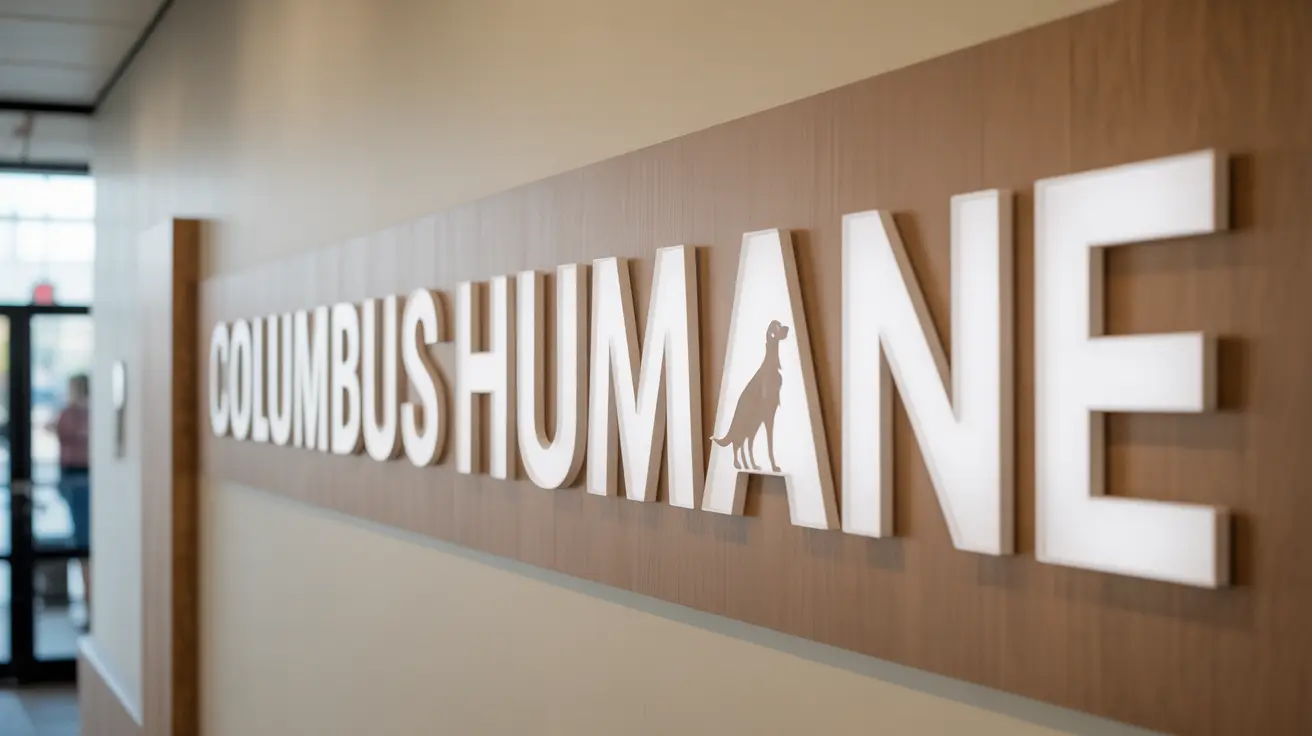Is 4 Cups of Dog Food Enough for a 70 lb Dog?
Feeding your dog the correct amount of food is essential for maintaining their long-term health and wellbeing. For a large dog weighing around 70 pounds, it's natural to wonder whether feeding them 4 cups per day is sufficient. The answer depends on several crucial factors, including your dog's age, activity level, overall health, and the caloric density of the food you're offering.
Key Factors Influencing Food Requirements
- Age: Puppies need more calories and nutrients than adults. Seniors might need fewer calories but more joint and cognitive support.
- Weight and Body Condition: A healthy 70 lb dog at ideal weight needs a different amount than an overweight 70 lb dog trying to slim down.
- Activity Level: Active or working dogs require more fuel than sedentary companions.
- Reproductive Status: Spayed and neutered dogs have lower calorie needs; pregnant or lactating dogs need more.
- Calorie Content of the Food: Not all dog foods are created equal; some are more calorically dense than others.
Understanding Feeding Guidelines
Dog food manufacturers offer general feeding charts based on weight, which can serve as a starting point. According to common industry standards for dry kibble:
- 51–75 lbs: 3–3¾ cups/day
- 76–100 lbs: 4–4⅔ cups/day
For a 70 lb dog, the manufacturer might recommend between 3 to 3¾ cups per day. Therefore, 4 cups is slightly over the higher end of this range, which might be acceptable if the dog is very active or has a fast metabolism.
Calories Matter More Than Volume
The measure of food in cups is only useful when paired with the food’s caloric density. For example, some high-protein, high-fat premium kibble might have over 500 calories per cup, while others might only have 300:
- If your 70 lb dog is moderately active, it might need about 1,050 to 1,400 calories/day.
- Feeding 4 cups/day of a 350-calorie-per-cup food equals 1,400 calories, likely meeting your dog's needs.
- But 4 cups/day of a 500-calorie-per-cup food equals 2,000 calories, which could lead to weight gain.
Adjusting for Weight Goals
To maintain, lose, or gain weight appropriately, veterinarians recommend the following:
- For weight loss: Reduce daily intake by about 20%
- For weight gain: Increase the portion by around 20%
- Monitor the body condition: Your dog’s ribs should be palpable but not visible, and there should be a visible waist when viewed from above
Feeding Frequency and Schedule
For adult dogs like a 70 lb canine, aim to split the total daily portion into two meals per day. This improves digestion and helps regulate metabolism. Puppies, however, need more frequent meals, while older dogs may benefit from nutrient adjustments rather than more frequent feeding.
Special Considerations
- Life Stage: Senior dogs often benefit from senior-formulated diets with added joint support and fewer calories.
- Breed: Some breeds are more prone to obesity and need stricter portion control; others, like active working breeds, may require more food.
- Health Conditions: Consult your vet if your dog has conditions like diabetes, thyroid issues, or allergies, which can affect dietary needs.
How to Determine the Right Amount
While 4 cups per day might work well for many healthy, active 70 lb dogs, it’s best to:
- Check your dog food label for calories per cup
- Use your dog’s weight and activity level to estimate calorie needs
- Monitor your dog’s body condition score regularly
- Adjust food portions up or down by small increments (e.g., ¼ cup)
- Schedule regular check-ups with your veterinarian
Final Thoughts
Feeding your dog isn’t just about volume; it’s about matching their individual needs to the right amount and type of nutrition. For a 70 lb dog, 4 cups/day may be ideal, especially with a low-calorie food or an active lifestyle. However, always consult your veterinarian for personalized guidance, and adjust based on your dog’s evolving health and body condition.





